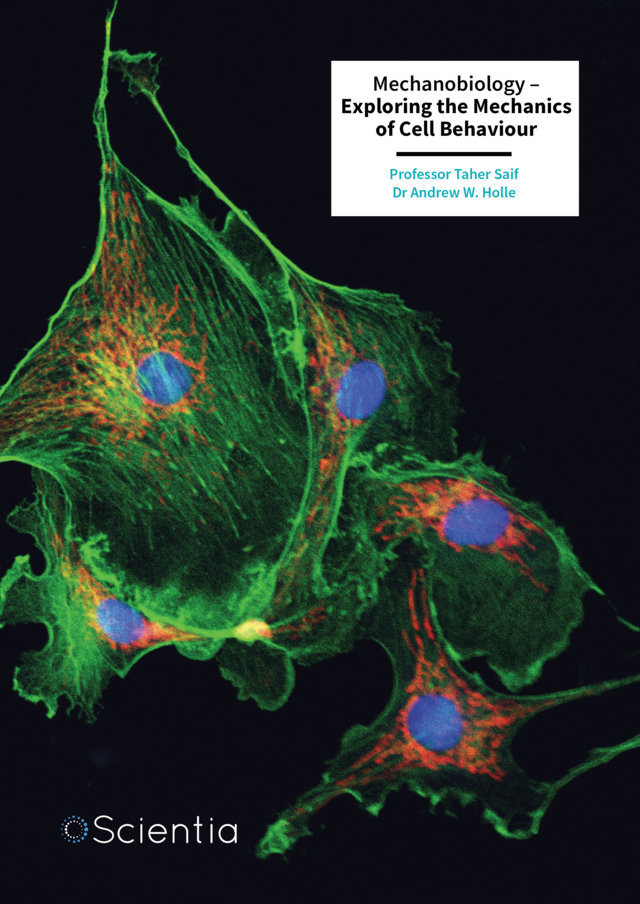Ulcerative colitis is a chronic inflammatory bowel disease that affects the colon and rectum, leading to symptoms such as severe bloody diarrhoea and abdominal pain. For many patients, the disease can become acute, with symptoms worsening rapidly and requiring hospitalization. In these cases, corticosteroids—powerful anti-inflammatory drugs—are often the first line of treatment. However, the effectiveness of corticosteroids varies significantly among patients, and a considerable number do not respond to this treatment, putting them at risk of severe complications, including the need for surgery. More
Recognizing the need for a more tailored approach to treatment, Dr Tony Croft and colleagues at the Royal Brisbane and Women’s Hospital and the QIMR Berghofer Medical Research Institute, in Brisbane, Australia, have spearheaded groundbreaking research aimed at predicting which patients with acute ulcerative colitis are likely to fail corticosteroid treatment. Their work focuses on using artificial intelligence to develop a predictive algorithm that could be used at the time of hospital admission to guide treatment decisions, potentially improving outcomes and reducing delays to the initiation of definitive medical therapies.
…
Before delving into the research, it’s important to understand the role of corticosteroids in treating ulcerative colitis. Corticosteroids, also called steroids, such as prednisone, are synthetic drugs that mimic the effects of hormones your body naturally produces in the adrenal glands. These drugs are potent suppressors of inflammation and are commonly used to reduce the immune system’s activity in inflammatory conditions such as ulcerative colitis. However, long-term use of corticosteroids can lead to serious side effects, including an increased risk of infection, diabetes, bone density loss, and high blood pressure. Moreover, not all patients respond to corticosteroids.
Indeed, one of the key challenges in treating acute ulcerative colitis is that doctors typically don’t know in advance whether a patient will respond to corticosteroids. The traditional approach involves administering corticosteroids and then waiting several days to observe the patient’s clinical response. If the patient does not improve, they may require “rescue therapy” with other drugs, such as infliximab or ciclosporin, or even surgery to remove part or all of the colon (a procedure known as colectomy). However, waiting for several days before changing treatment can be risky, as it may lead to a deterioration in the patient’s condition.
Dr Croft and his team aimed to address this problem by identifying factors that could predict treatment failure early on, ideally at the time of hospital admission. Their study, which analyzed data from 682 cases of acute ulcerative colitis, led to the development of two risk-scoring algorithms: the partial Risk of Rescue (ROR) score and the full ROR score. The partial ROR score is designed to be used in the first hours of the hospital admission. It relies on easily obtainable clinical and laboratory data. These data include whether the patient is currently failing oral corticosteroid treatment. Intuitively, in this situation, the patient is also more likely to fail intravenous therapy with corticosteroids. The patient’s bowel frequency is also taken into account, as higher frequency is associated with more severe disease. The partial ROR score also incorporates the levels of certain proteins in the blood such as albumin and C-reactive protein.
Albumin is a protein made by the liver, and low levels in the blood can indicate severe inflammation. C-reactive Protein is produced by the liver, also in response to inflammation. High levels of this protein in the blood are a sign of significant inflammation, which is often present in acute ulcerative colitis.
These variables are combined by statisticians using a type of artificial intelligence called machine learning into the partial ROR score, which can then predict the likelihood of corticosteroid failure. In validation tests, this score performed well, with an area under the curve (AUC for short) of 0.76. The AUC is a measure of a model’s accuracy, with 1.0 indicating perfect accuracy and 0.5 indicating no better than chance. An AUC of 0.76 suggests that the partial ROR score is a fairly reliable predictor.
The full ROR score builds on the partial ROR score by adding information from an endoscopic evaluation of the patient. During an endoscopy, a doctor uses a thin, flexible tube with a camera to view the inside of the colon. This procedure can reveal the extent of inflammation and ulceration, which are critical in assessing the severity of the acute ulcerative colitis episode.
By including endoscopic data, the full ROR score becomes even more predictive, achieving an AUC of 0.78. This means that, after a thorough endoscopic assessment, doctors can be even more confident in predicting whether a patient will fail corticosteroid therapy.
The development of the partial and full ROR scores marks a significant advance in the management of acute ulcerative colitis. With the introduction of these predictive algorithms, clinicians can make more informed decisions from the moment a patient is admitted to the hospital.
For instance, if a patient is identified as high risk for corticosteroid failure using the partial ROR or full ROR score, doctors might consider early intervention with alternative treatments, including biologic drugs such as infliximab, which is a strong immunosuppressant targeting specific components of the immune system. Alternatively, they might enroll the patient in clinical trials for new therapies, or in severe cases, consider surgical options sooner rather than later.
Moreover, the algorithm developed by Dr Croft and his colleagues is not just a theoretical tool confined to academic research. The team has made this tool accessible through a web-based risk calculator at www.severecolitis.com. This online resource allows clinicians to input patient data and receive a personalized risk assessment, helping to guide treatment decisions in real-time. This level of accessibility means that the benefits of the research can be felt by patients in hospitals around the world, and not just in specialized research centers.
The work of Dr Tony Croft and his colleagues represents a significant leap forward in the treatment of acute ulcerative colitis. By developing reliable tools to predict corticosteroid treatment failure, they have provided clinicians with a powerful new way to personalize treatment strategies. This personalized approach not only has the potential to improve outcomes for patients but also to reduce the burden on healthcare systems by minimizing the need for prolonged hospital stays and invasive surgery.
As healthcare moves increasingly toward personalized medicine, where treatments are tailored to the individual characteristics of each patient, the research by Dr Croft and his team exemplifies how data-driven approaches can lead to more effective and compassionate care. For patients with acute ulcerative colitis, these advancements offer new hope for better, more timely treatment and, ultimately, a better quality of life.







